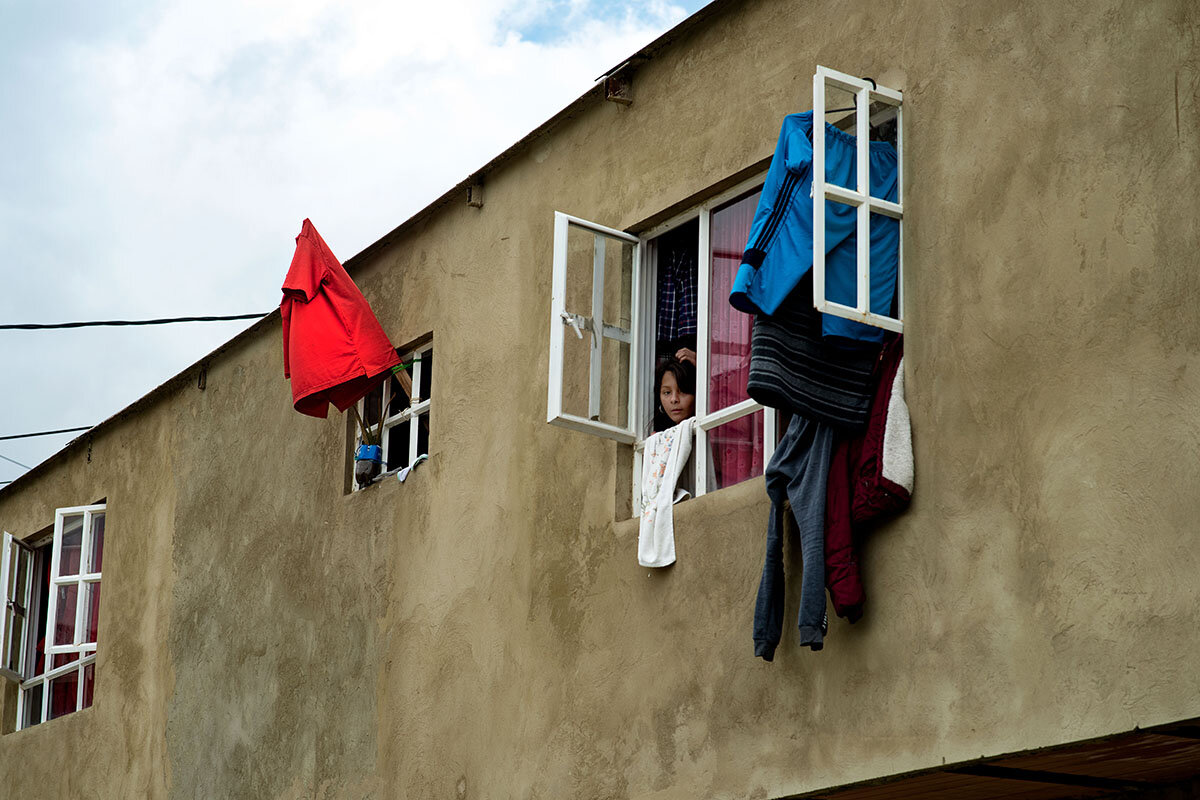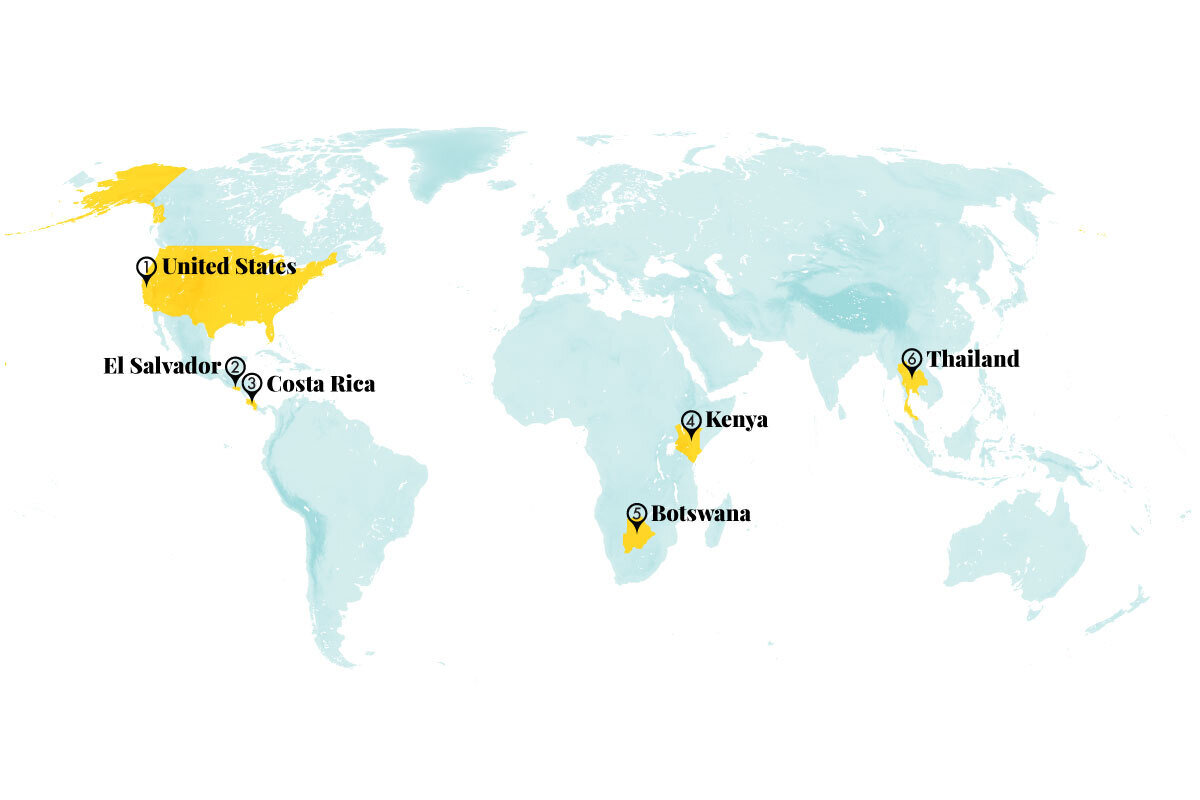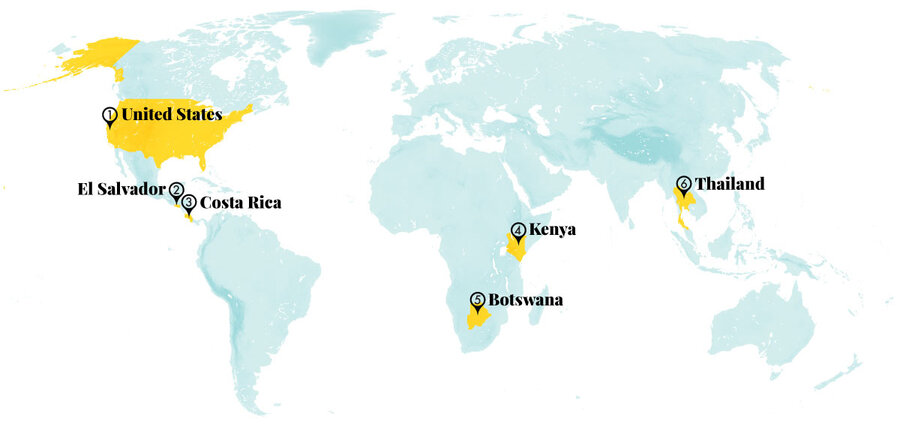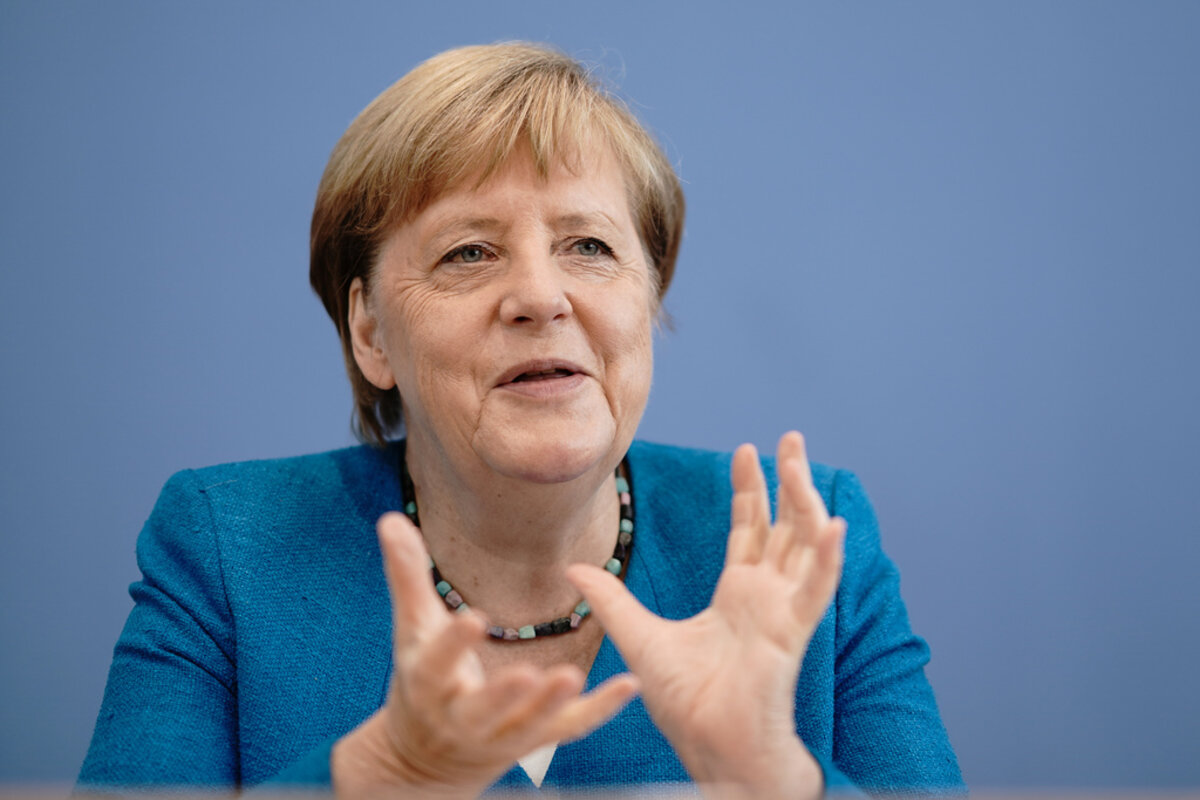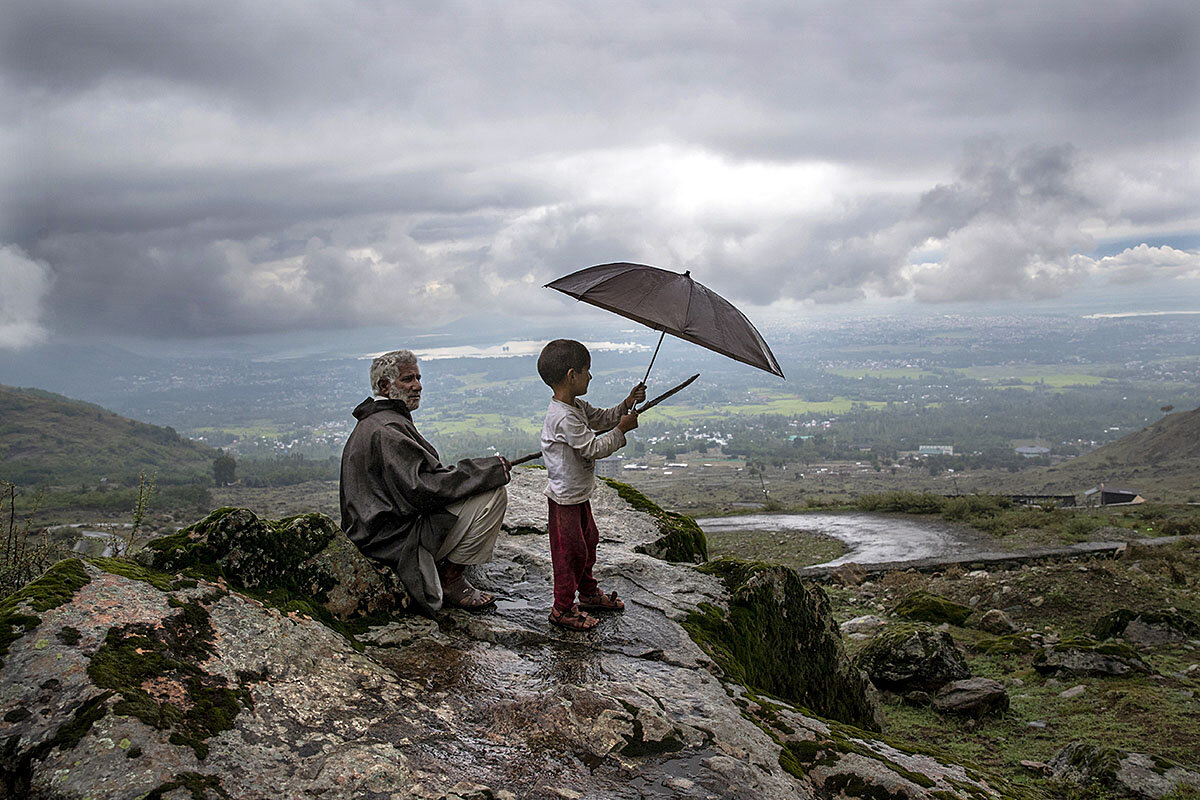The world’s newest workers face a slipperier on-ramp than even those who launched into the Great Recession. We look at some of the responses that might boost their prospects, and their confidence.
Monitor Daily Podcast
- Follow us:
- Apple Podcasts
- Spotify
- RSS Feed
- Download
 Clayton Collins
Clayton Collins
If you’re a home cook then you’ve probably heard of Penzeys Spices.
Bill Penzey launched the company in the late 1980s in Wauwatosa, Wisconsin, as a mail-order operation. Mr. Penzey, an activist capitalist, peppered his early catalogs with his politics and never stopped letting people know where he stood.
As befits a culinary alchemist, he’s for science. He’s against the use of Native American iconography in sports.
Now he’s stirring himself into the debate over what constitutes a collateral cost of righteous protest and what’s just wanton destruction. After the police shooting of Jacob Blake in Kenosha, Mr. Penzey again grew vocal about racial injustice and the need to fight it.
Penzeys has a store in Kenosha. Someone wrote Mr. Penzey to ask if he’d feel differently if his store were being damaged in the unrest.
His Minneapolis store had its windows broken after George Floyd’s killing in May. Penzeys responded with a sweep-up and a “hope mural” on the plywood that replaced them. But Mr. Penzey didn’t cite that bit of history. He thought the question through, he told customers in a letter.
“What if we looted our own store?” he said he asked his team. Snapshot its inventory; earmark it for dispersal to food pantries and “organizations trying to raise money to fund change.” He’s now asking his customers where the products should go.
“Human life means everything,” Mr. Penzey wrote, “stuff, not so much.”




